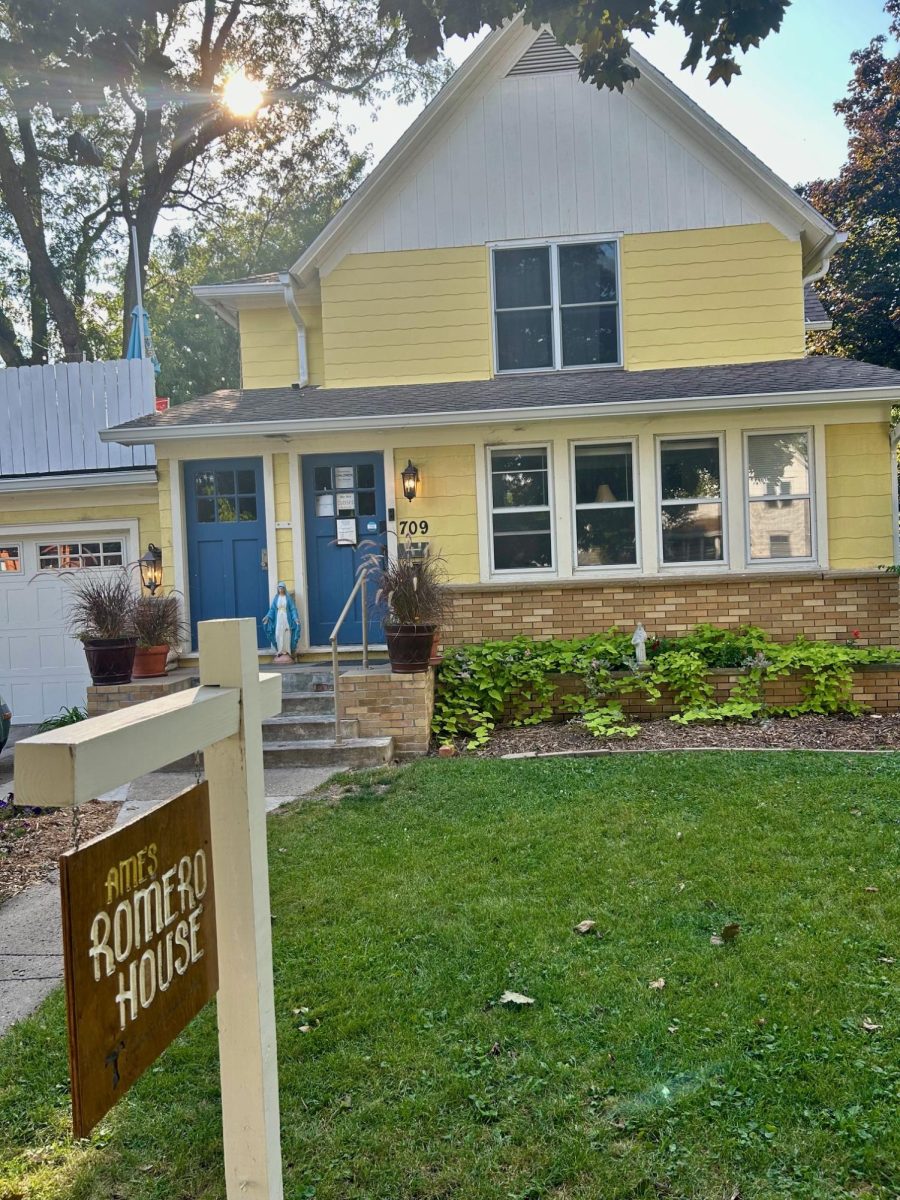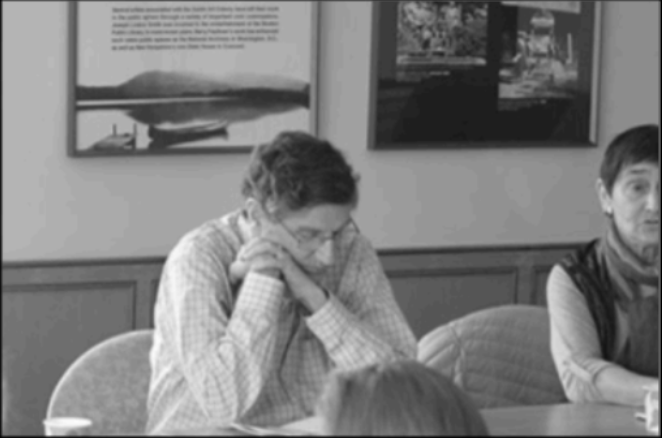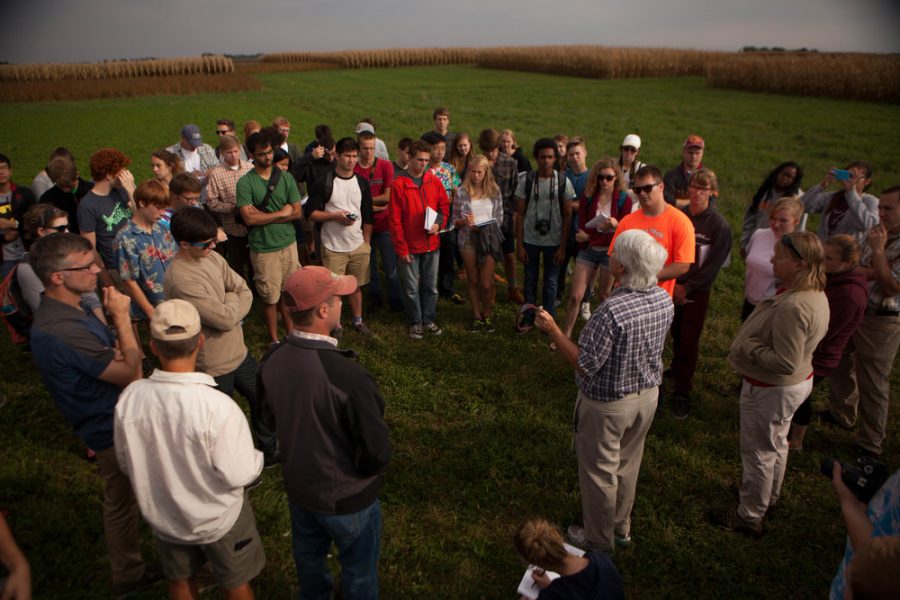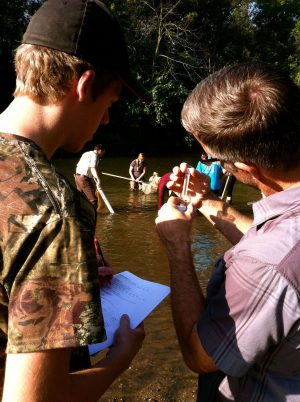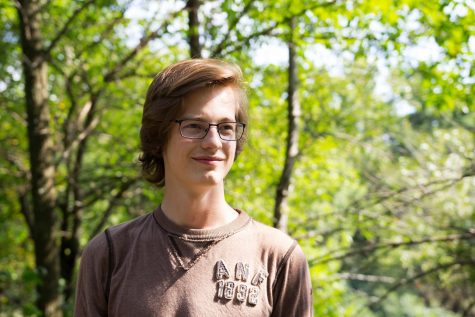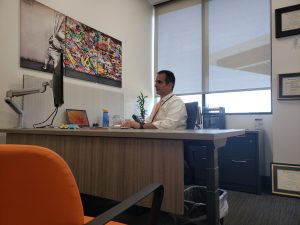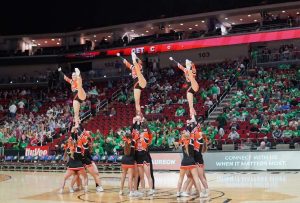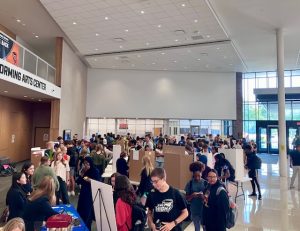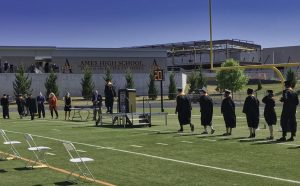ICS canceled part 2
May 6, 2016
Mr. Zmolek stands watching from a distance as students are hard at work with scuffle hoes and shovels to clear a strip of earth parallel to the AHS garden. Their chatter carries to him as they begin to sheet mulch and clear spaces for pavers. These ICS students are busy preparing a space for a new display of native plants for the AHS campus. A certain amount of melancholy hangs in the air.
“[ICS] had been kind of a pipe dream for us for a while,” said Mr. Zmolek. The dream began seven years ago with an idea. After four years of researching and developing the idea, teachers Mike Todd, Chad Zmolek and Joe Brekke began perusing implementing this class in earnest, and finally after three more years got to see their dream become a reality. This dream was the Integrated Capstone Seminar, a combination class including Social Studies, Literature and Environmental Science that focused on project based learning with impact in the real world.
The class had a unique opportunity to do these real, authentic projects with the recent Des Moines water works lawsuit against Iowa counties for not complying with the Clean Water Act’s stipulations on nitrate levels in Iowan water. The class teamed up with California photographer Douglas Gayeton to create artwork that illustrated these types of water quality issues in Iowa for the Lexicon of Sustainability. Now, they have set out to fix these problems as part of their community impact projects.
However, this dream was cut short after only one year when in early April it was announced that the pilot class would not be offered for the 2016-2017 school year.
“It piled on to the disillusionment I have felt after projects in the courtyard were destroyed, the orchard was cancelled, and support was pulled from the Ames High Museum of Science and Culture,” said Mr. Todd.
Ultimately, the administrative choice to cancel ICS came down to the number of students who registered. “We went through registration and it ended up that only 42 students had signed up for the class which equals 14 students a teacher,” Mr. Evans said. Normally, a small class size contributes to an ideal learning environment, but in case of ICS this would have negative impacts elsewhere. “If the students aren’t there they have to be somewhere for English and Government,” said Mr. Evans. A smaller class size in ICS meant a bigger class size elsewhere, something that simply could not happen considering the latest cuts to the budget. “There was absolutely no money to increase staff,” said Mr. Evans. The funds simply weren’t available to free up the teachers that teach ICS to teach the other classes.
ICS was perhaps the most tangible example of project based learning at the High School, but despite its cancellation, Mr. Evans hopes to see this type of learning continued. “I have been a huge supporter of ICS class,” said Mr. Evans. “I think that’s very important as we look at instruction that we, in the building in general, we go a mile deep and not a mile wide.” His support of the class stems directly from this idea of moving away from memorization and towards deeper understanding in classes. He hopes that the teachers of ICS will be able to incorporate the Project-based learning into their classes.
He admitted that, “The students in ICS have gotten one heck of an experience,” and would hate to see it die completely. “At the end of the day it was a number situation,” said Mr. Evans, “If there would have been 70 kids who had signed up, it wouldn’t have been an issue.” It is not out of the realm of possibility that if, in the future, if the interest for ICS is renewed, it could be started up again. That being said, if you are someone who is tired of being subjected to lectures at a desk and ready to try your hand at making a real impact in the world, let your voice be heard and prove there is not a lack of interest in a class that, perhaps more than any other class, is preparing students for real world problems. Zmolek, Todd, and Brekke certainly will all work hard to see it revived in future years as long as they have the students who are interested to teach. With the year coming to an end, Zmolek reflects, “It’s a bittersweet thing. I am glad it happened. I am glad we got a chance to do it. It was amazing. It was hard. It was challenging, but it gave me a glimpse of, wow, this could be education.”
The students, having finished preparing the area, have begun to clean up. Away go the shovel and wheelbarrows for perhaps one of the last times. The student’s file back into the school, waiting for the bell that signals once again that they will have to take a seat behind a desk.





